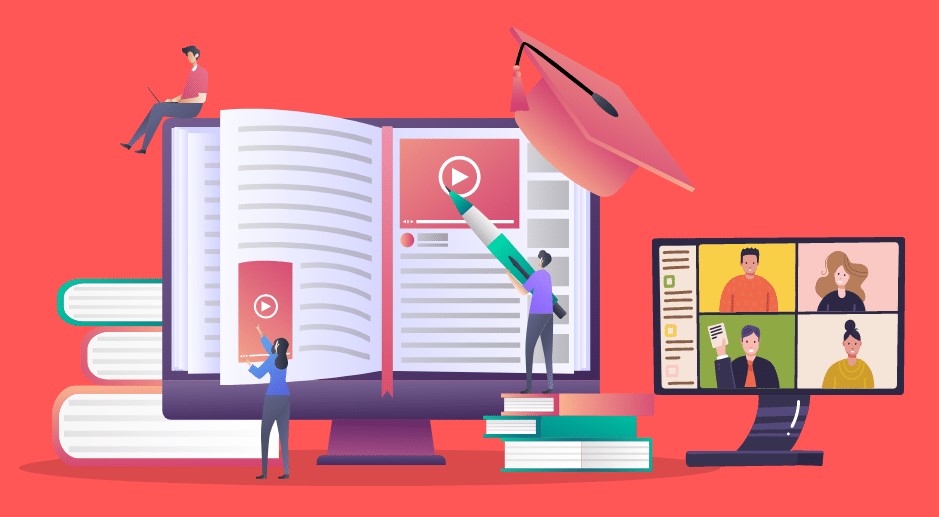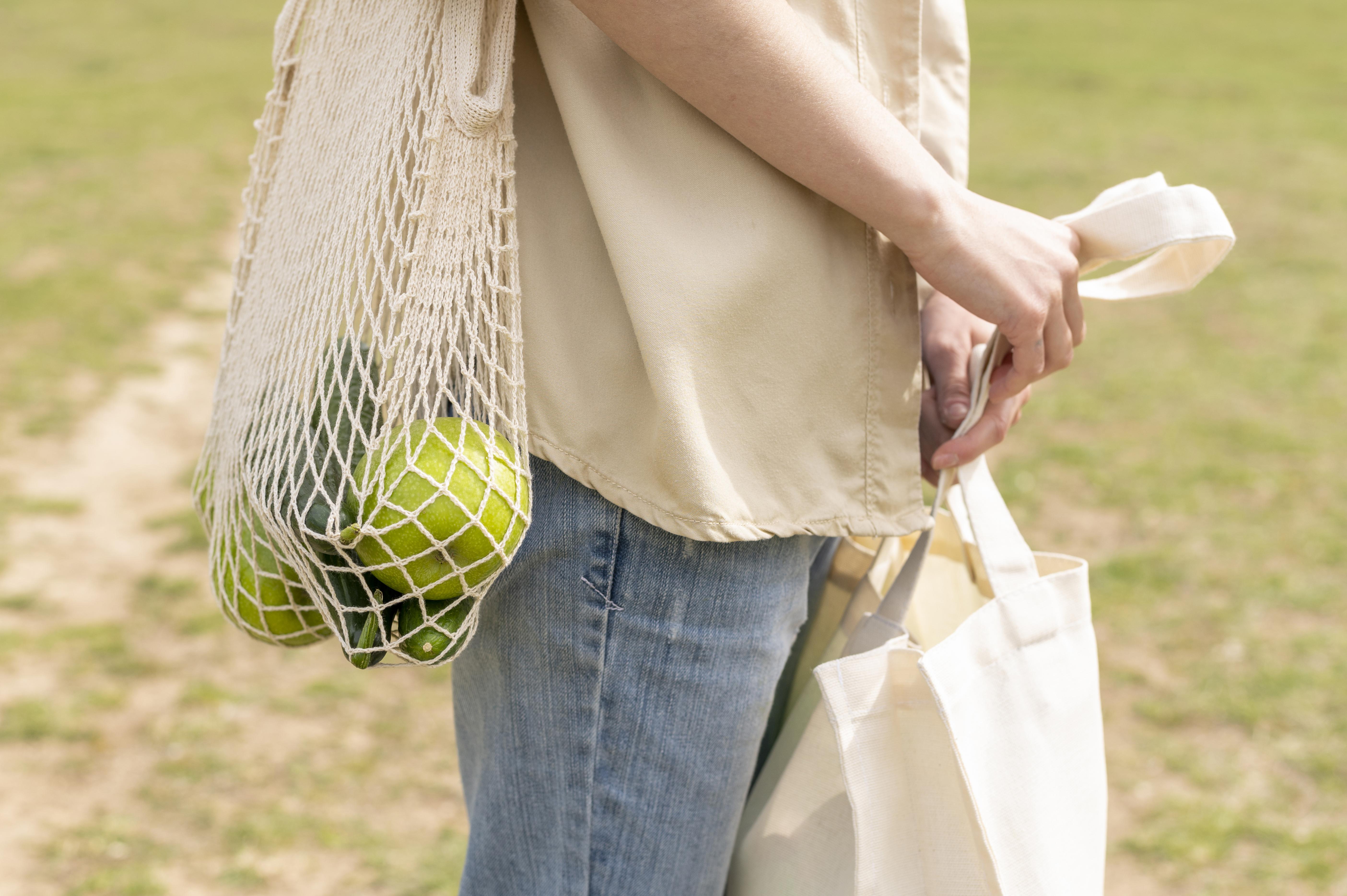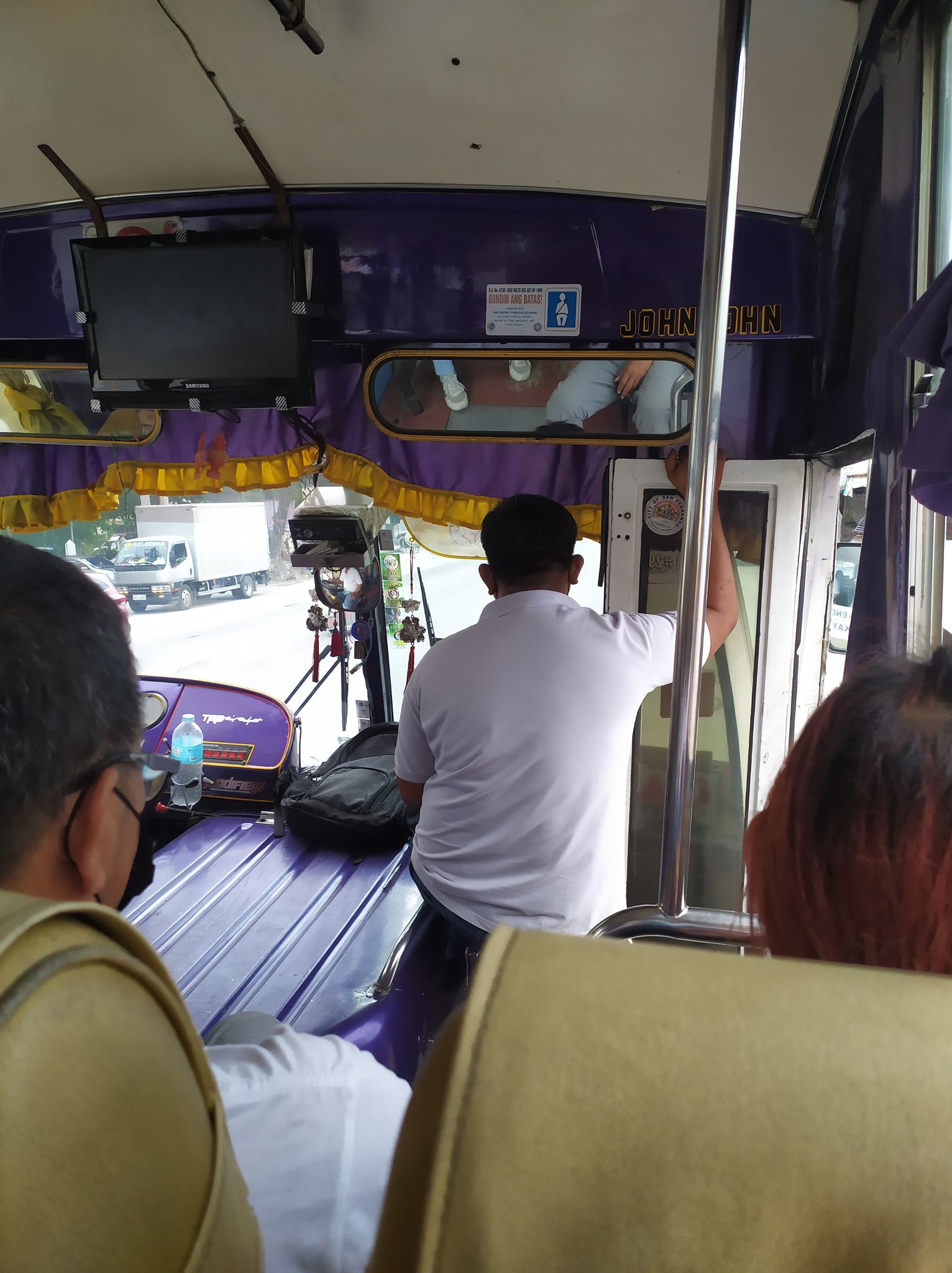More than a year into this pandemic reveals that shifting our mode of learning is merely not enough. The pivots we took led us to a whole new different path and that, it wasn’t just a diversion as we’ve expected it to be. We have to realize that online is here to stay. If we don’t, then we are not only losing relevance but might put our students to harm.
When we shifted to online learning, mental health became an issue. We have to accept that the modality itself is the primary source of this stress. Connectivity issues, compatibility of equipment, limited interaction, back strain, eye problems are just few of the things that makes online learning stressful. With all these organizations offering webinars for additional learning, we just have to decline. Yes, they mean well but we are running the risk of exposing our students more to the very toxic that causes their stress. We just can’t accommodate every webinar request even if it is about mental health itself. Exposing them more is aggravating the issue.
If online learning provided platform for academic requirements, we need to shift paradigm on student services too, and it might just be the opposite. During face-to-face, we gave them seminars on topics ranging from environmental, gender, leadership and even mental health. That is because what they needed then was knowledge about these things. Now, information is at their fingertip. We introduced them to a platform that made all these information available to them. Then why do we still bombard them with additional online activities loaded with the same information? What students need now is the opportunity to be a social being because, they are. We want our students to feel normal, be normal even for such a short time, we want them to relax, to look at nature, appreciate colors, and break the pattern of this zombie-like living. These are the consequences that we aspire our student services programs to effect on them. For example, we want them to move away from the source of the stress, then our instructions should bring them outdoor even if it’s just at their doorstep to stare at the cloud or to merely look at the window beyond 20 meters. If we follow this consequence-based response paradigm, schools become the enablers of these experiences to be normal again.
Point is, online learning is the way to go and that is non-negotiable at the moment. Schools have to create the balance and through consequence-based responses on the student services, we give our students alternative ways for a balanced and normal development under this current situation.
Dr. Michelle A. Ong
President, Mabalacat City College





_1658307012.jpg)

